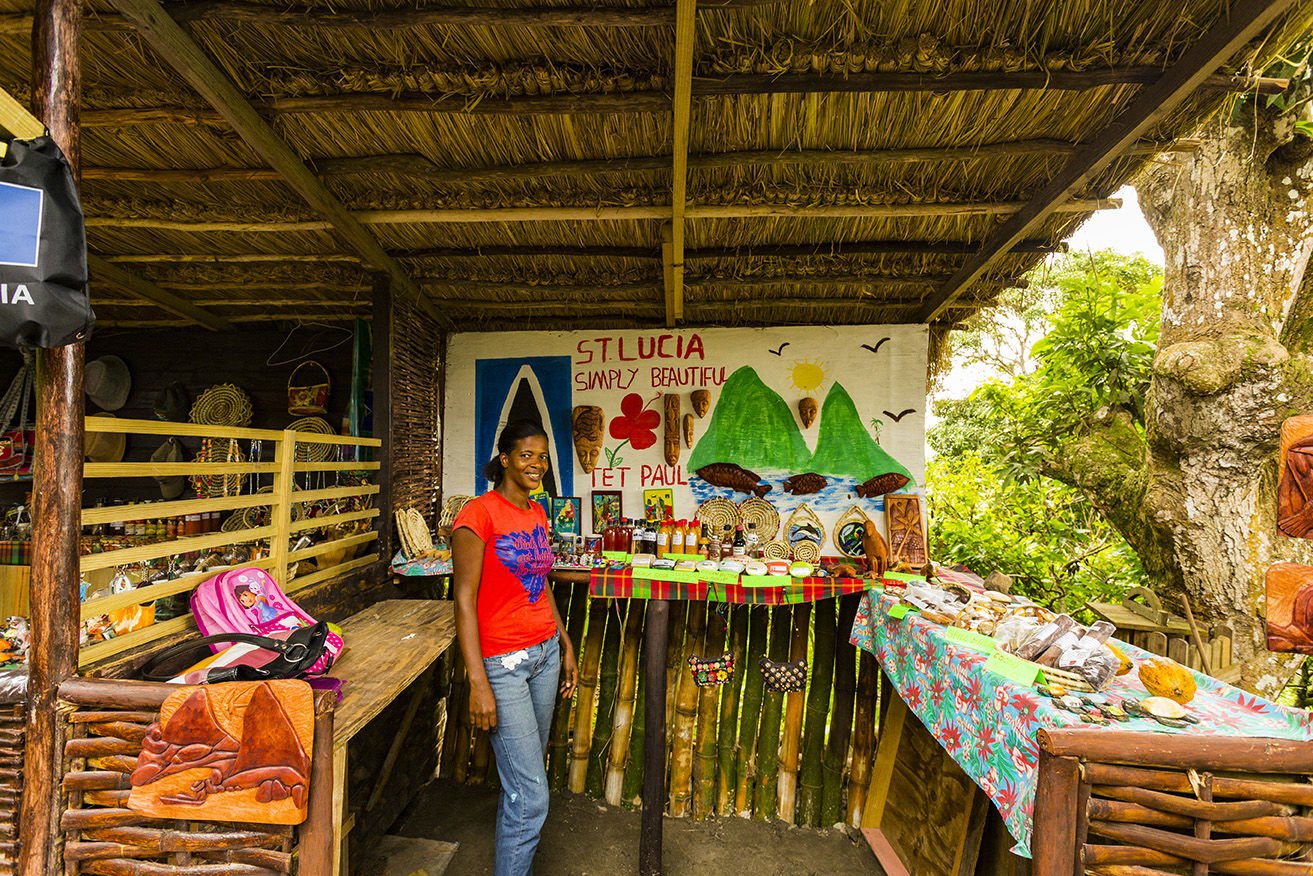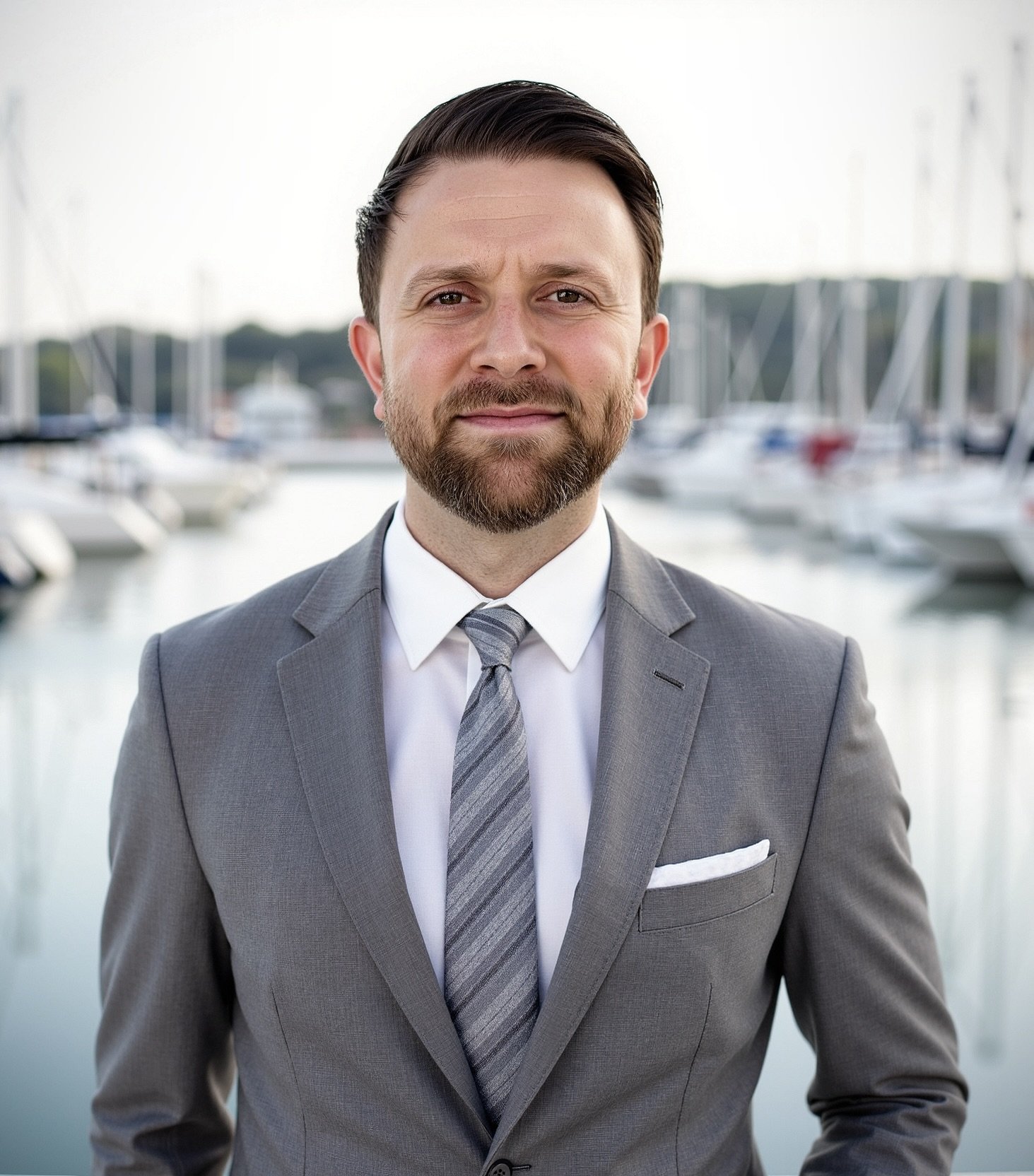Caribbean Real Estate: A Diversified Haven for Stability and Long-Term Returns
Pre-Construction Development in Sint Maarten (NL)
When it comes to investing in real estate internationally, many investors naturally gravitate towards developed markets such as Canada, the United States or Europe. However, over the past 15 years, these markets have become incredibly volatile and speculative. The Caribbean real estate market offers a unique proposition that sets it apart from its developed counterparts. With its lack of correlation to global real estate trends, low-leverage investments, a long-term investing mindset, and the allure of tropical luxury, the Caribbean real estate market presents an enticing opportunity for those seeking stability, diversification, and a touch of paradise.
In this comprehensive article, we will dive deeper into these factors and explore why the Caribbean real estate market deserves serious consideration for building a resilient and diversified international real estate portfolio.
Four Seasons Resort Anguilla - Anguilla (UK)
Lack of Correlation
Caribbean real estate operates in a realm of its own, detached from the fluctuations of developed markets. While economic cycles may impact real estate values in cities like Toronto, New York, Miami or London, Caribbean real estate remains relatively insulated. This lack of correlation is a result of the region's distinct dynamics, including a low-leverage environment, a tourism-driven economy, its regulatory environment, and the diverse mix of local and international buyers. Caribbean real estate offers a unique combination of stability and growth potential, with property values influenced by tourism trends, foreign investment, and local economic conditions.
This independence from global market trends provides investors with an opportunity to diversify their portfolios and reduce exposure to global market volatility while having the option to enjoy the Caribbean lifestyle while owning and even managing the portfolio.
Long-Term Investing Mindset is the Key to Success in Real Estate
Long-Term Investing Mindset
The Caribbean real estate market typically exhibits lower liquidity compared to highly liquid markets, which allows for rapid property transactions. While some may view low liquidity as a drawback, it actually creates market stability by discouraging speculative behaviour and short-term market fluctuations. This deliberate and measured environment encourages a long-term investing mindset. Investors who value stability and are willing to adopt a patient approach can benefit from the unique aspects of the Caribbean market.
Savvy investors can capitalize on the region's potential for steady appreciation over time and build sustainable wealth through real estate investing in the region. The Caribbean's combination of natural beauty, relaxed lifestyle, and robust tourism industry makes it an attractive destination for long-term investors seeking not only financial returns but also “return on life”.
Low-Leverage Environment in the Caribbean Region
Low-Leverage Investments:
One of the strengths of the Caribbean real estate market lies in its conservative approach to financing. This is partly due to banking restrictions from Canadian banks, which have been prominent in the region since the 1920’s, but also culturally driven since local people are generally risk-averse. The prevalence of low-leverage investments means that properties are often purchased with a significant amount of equity, minimizing the risk of foreclosure and market instability.
In contrast to highly leveraged markets that can be susceptible to drastic price fluctuations, Caribbean real estate offers a more stable investment option. The conservative financial practices adopted in the Caribbean region contribute to a market environment that is less prone to extreme volatility. This stability provides investors with peace of mind and a reliable long-term investment avenue. Additionally, low-leverage investments can facilitate easier entry into the market for investors, allowing them to capitalize on the potential for growth and income generation.
Strong Cashflow and Increasing Demand in the Caribbean
Strong Cashflow and Increasing Demand
The Caribbean real estate market boasts strong cashflow potential, making it an attractive investment option. With favourable cap rates (generally 5 - 15%+), and a relaxed regulatory environment surrounding short-term rentals, investors have the opportunity to generate strong rental income. Properties located in popular tourist destinations can command high rental rates due to the demand from vacationers seeking a luxurious tropical getaway. Because of the long history of tourism in the region, the Caribbean embraces the sharing economy model, allowing property owners to maximize their rental potential by listing properties on platforms like Airbnb, Booking.com and other sites.
Another important factor is the strong tailwind (no pun intended) in the Caribbean due to remote work becoming the norm and technology and connectivity improvements across the region. High-speed internet, proximity to the US and Canada, increased flight access, and the remote work trend is creating a perfect storm for the Caribbean to become a playground for digital nomads and families working remotely. This could have a profound impact on rental rates, especially for medium-term rentals.
Digital Nomads and Wealthy Families are Migrating to Warmer Climates
Migration Trend to Warmer Climates
In recent years, there has been a significant global shift towards remote work, with individuals and families increasingly seeking to migrate to warmer climates. The Caribbean region, renowned for its tropical climate and captivating lifestyle, has emerged as an ideal destination for remote workers, digital nomads, and those looking to escape the chilly winters of traditional work hubs in places like Canada and the UK. With the advent of advanced technology and the growing acceptance of remote work arrangements, professionals now enjoy the flexibility to work from anywhere in the world, spurring a surge in individuals and families relocating to the Caribbean in search of the perfect balance between work and leisure.
A prominent example highlighting this trend can be found in Miami, Florida, where the real estate market has experienced a significant surge in demand as professionals are drawn to its warm climate, abundant recreational activities, and opportunities to work remotely. This migration to Miami exemplifies the broader trend of professionals gravitating towards warmer climates and vibrant coastal cities, attracted by the benefits they offer in terms of work and lifestyle.
Maho Beach - Sint Maarten (NL)
Excellent Flight Access
The accessibility of the Caribbean compared to other tropical regions is a significant advantage for investors and digital nomads. The region is well-connected to major cities in North America, Europe, and other Caribbean countries, thanks to its extensive network of airports and airlines. The Hewanorra International Airport in St. Lucia, the Sangster International Airport in Jamaica, and the Grantley Adams International Airport in Barbados are just a few examples of the well-developed air travel infrastructure in the region. This accessibility makes it convenient for remote workers to explore different destinations or return home when needed, further enhancing the appeal of the Caribbean as a hub for digital nomads.
CARICOM Community Secretariat - Georgetown, Guyana
Legal System and Government
Another key factor contributing to the stability of the Caribbean real estate market is the presence of a stable and progressive government and democratic institutions. Governments in the region have made significant investments in infrastructure, including telecommunications and internet connectivity, to support the growing demand for remote work. This commitment to sustainable development ensures that digital nomads and remote workers have reliable internet access and a supportive environment for their professional endeavours. Additionally, many Caribbean governments have implemented initiatives such as digital nomad visas and investment migration programs to attract foreign talent and stimulate economic growth. These programs facilitate ease of relocation and provide incentives for individuals seeking a change of scenery while maintaining a successful career.
Arts and Crafts Business - Gros Pitons, St. Lucia
Rich Culture and Diversity
The Caribbean region boasts a rich cultural heritage reflected in its architecture, music, art, and cuisine. Each island possesses its own unique character, blending African, European, and Indigenous influences to create a vibrant and diverse cultural tapestry. Festivals and local food markets showcase the region's culinary delights, with flavours ranging from spicy jerk chicken in Jamaica to savoury seafood dishes in Barbados. The warm and welcoming nature of the locals adds to the charm of the Caribbean, creating an inviting atmosphere for investors and visitors alike.
In conclusion, the Caribbean real estate market presents a unique and compelling opportunity for investors, particularly those seeking stability, diversification, and a touch of tropical luxury. Its lack of correlation with developed markets, low-leverage investments, long-term investing mindset, and alluring lifestyle make it an attractive choice for those looking to build a resilient and diversified real estate portfolio. By combining the potential for financial returns with the chance to embrace a relaxed and vibrant Caribbean lifestyle, investors can truly have the best of both worlds. As the world continues to embrace remote work and global connectivity, the Caribbean region is poised to become the next big destination for digital nomads and investors seeking a slice of paradise.
So, whether you are an investor searching for stability and diversification or a digital nomad yearning for a tropical escape, the Caribbean real estate market offers a wealth of opportunities waiting to be explored.
Bio
Dan Merriam
Caribbean Real Estate Investor
Advisor @ Sotheby’s International Realty
Partner @ InvestCARICOM
Helping high-net-worth investors and global families buy and sell Caribbean real estate, navigate citizenship by investment, and implement cross-border strategies for residency, tax optimization, asset protection, and long-term wealth preservation. Dan specializes in helping clients build diversified portfolios across multiple jurisdictions through strategic property acquisition and investment migration. With deep local insight and decades of hands-on experience, he advises families and entrepreneurs looking to pair financial resilience with an extraordinary lifestyle.
Schedule a personalized 1-on-1 consultation with Dan Merriam to explore second citizenship, international real estate, or offshore residency solutions tailored to your investment goals. Whether you're securing a Plan B passport, acquiring income-producing properties, or allocating capital across stable, uncorrelated markets like the Caribbean, Dan provides trusted access, boots-on-the-ground perspective, and strategic guidance. As a representative of Sotheby’s International Realty and partner at InvestCARICOM, he helps clients achieve financial freedom and lifestyle flexibility through smart global real estate investments.
Writer in Tax Reduction, International Tax Planning, Travel Hacking, Caribbean Real Estate, Citizenship by Investment, Caribbean, Second Residence, Real Estate Investing, Asset Management, Long-Term Investing, Fund Management, Lifestyle Planning, Company Formation, Offshore Banking, Asset Protection, Technology, Entrepreneurship
This article is for informational purposes only; it should not be considered financial, tax planning or legal advice. Consult a financial or investment professional before making any major financial decisions.












